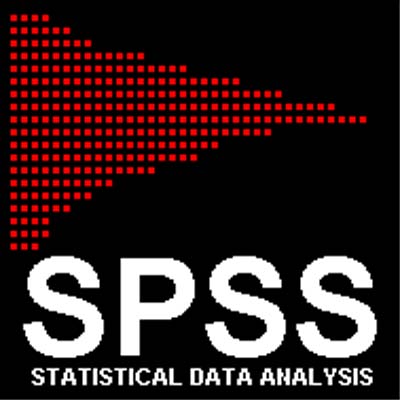From my experience, one of the few utterances that creates more anxiety amongst undergraduates and postgraduates (even more than ‘theory-based’), are the words ‘quantitative methods’. I imagine that for many politics students (and dare I say, some academics), this phrase sends people hurtling back in time to dark and intimidating school classrooms, where statistics and maths were only something to suffered through until lunchtime or that interesting history class. Figuratively speaking, of course. Time travel as I write this is still impossible. I can say all this, as this was probably me a few months ago. I have however now seen the light, and quantitative methods and statistics no longer worry me in the same way. You might say I am a recovering ‘quantophobe’. You might also say that is stupid and I should go and do some proper work. Fair enough.
- This aside, here are a few observations I have about learning quantitative methods and statistical techniques over the last few months:If you are worried that you disliked or even hated maths at school, or that it has been years and years since you last learned about statistics, or that you need an A at A-Level to even begin to understand how to use quantitative methods in your UG or PG dissertations, my answer is this: don’t be. The basics of interpreting and analyzing quantitative data through statistical software such as SPSS are not massively complicated, though they do get more difficult the more advanced you go. If I can learn and understand them, then anyone can. What are needed is patience and a willing to learn and understand. If you bring them to any quantitative methods training, you are already half way there.
- The more you understand the maths behind the statistics the better, but this is not vital to learning how to use and interpret statistical techniques, such as crosstabulations, analysis of variance or Pearson’s r correlation, successfully. Many researchers and academics that use quantitative methods in their work will probably only have limited knowledge of the complex maths behind each statistical technique they use. This doesn’t mean they don’t know how to use they correctly, and importantly, effectively.
- Once you allow yourself to become submerged in all the quantitative techniques and language, you will more than likely start to identify how they could be utilised to support conclusions, investigate problems or answer questions in your own research. Statistics are powerful tools as they in allow researchers to come to more inferential based conclusions and knowledge claims, to support but importantly not necessarily to supersede qualitative evidence.
I suppose the message of this post is don’t be scared of quantitative methods! If you are working on the early stages of a politics dissertation, undergrad or postgrad, or a future research proposal, I would seriously suggest exploring how quantitative methods could help boost the robustness of your research and the conclusions it draws. Using quantitative methods may not be suitable for your research, and this is fine. But if you’re aware that people have used them in the past, within a similar study, I would explore the possibilities. You’ve got nothing to lose, and potentially, everything to gain.
P.S. ‘Multivariate Aggression’ was my contribution to a recent discussion about quantitative methods sounding band names. I thought it was a rather good effort. You are allowed to disagree.
P.P.S. Alternative title for this blog post was ‘Taking the Quant-um Leap”. It has perhaps, as they say, been done.
